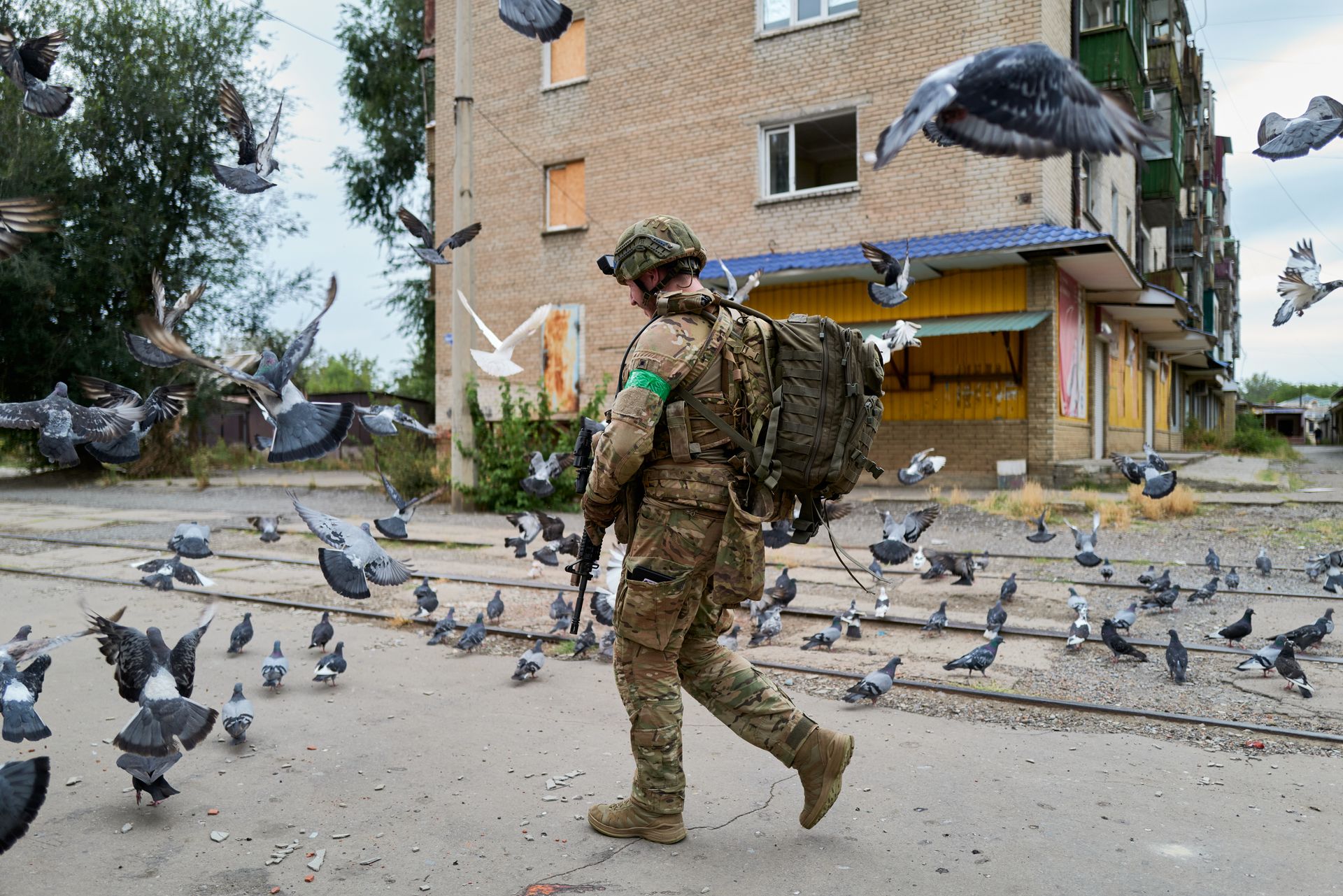'We went to hell and back to achieve this result' – SBU chief on Ukraine’s Operation Spiderweb strike on Russian bombers

Just a block away from the Federal Security Service’s (FSB) headquarters in Russia’s Chelyabinsk region, Ukraine’s Security Service (SBU) quietly rented an office and warehouse to prepare one of its most audacious missions of the war.
Over the next year and a half, the SBU used those premises to stage Operation Spiderweb — a multi-stage strike that destroyed between 13 and 21 Russian heavy bombers and damaged another 41, SBU chief Vasyl Maliuk said in an interview aired on Aug. 12.
The targeted Tu-95 and Tu-22M3 bombers were among the Kremlin’s key assets for launching long-range missile barrages on Ukrainian cities, meaning their loss could severely limit Russia’s capacity to conduct such strikes.
"We went to hell and back to achieve this result," Maliuk said, calling Spiderweb a "unique, multi-stage special operation" that involved logistics, agent work, communications, and covert delivery.
Maliuk added that the SBU drew on methods used to combat transnational organized crime, studying how international drug cartels smuggle contraband past customs and border control.

Ukraine's plan relied on smuggling first-person-view (FPV) drones thousands of kilometers into Russia, hiding them inside the retractable roofs of wooden hunting cabins.
Maliuk said the drones used in the operation looked like ordinary FPVs but were specially modified, carrying 1.6 kilograms of a custom-made explosive designed to burn through an aircraft’s fuselage and detonate inside.
The hunting cabins cabins, fully autonomous with EcoFlow batteries and solar panels to keep the drones charged even in minus 40-degree weather, were then transported by truck to later target four Russian air bases — Belaya in Irkutsk Oblast, Olenya in Murmansk Oblast, Diaghilev in Ryazan Oblast, and Ivanovo in Ivanovo Oblast.
Once in place, the roofs were remotely retracted, and the drones launched directly at the bombers.
The Russian truck drivers who delivered the cabins were unwitting participants. "They were used in the dark, and there was no intent in their actions," Maliuk said.

On July 11, Russia arrested 55-year-old Mikhail Ryumin, a resident of Chelyabinsk, for allegedly transporting drones in a truck as part of Ukraine’s Operation Spiderweb, Russian independent outlet Mediazona reported, citing a court appeal ruling.
Western analysts and military officials praised Ukraine's ingenuity in the Spiderweb operation. NATO Admiral Pierre Vandier called the mission a modern reinvention of the "Trojan Horse," demonstrating Ukraine's growing technical sophistication and deep-strike capability, while U.S. Senator Richard Blumenthal told Politico in an interview published on June 3 that Ukraine's strike was a show of "skill and audacity" comparable to the U.S. operation to kill Osama bin Laden.
President Volodymyr Zelensky, according to Maliuk, was in regular contact with the operation’s organizers. "He was interested in specific details many times and, frankly, pushed for (the operation to speed up)," Maliuk said.
Since the operation, Russia has moved dozens of long-range bombers to more remote bases, Russian independent outlet Agentstvo reported on June 11, citing OSINT analyst AviVector.












